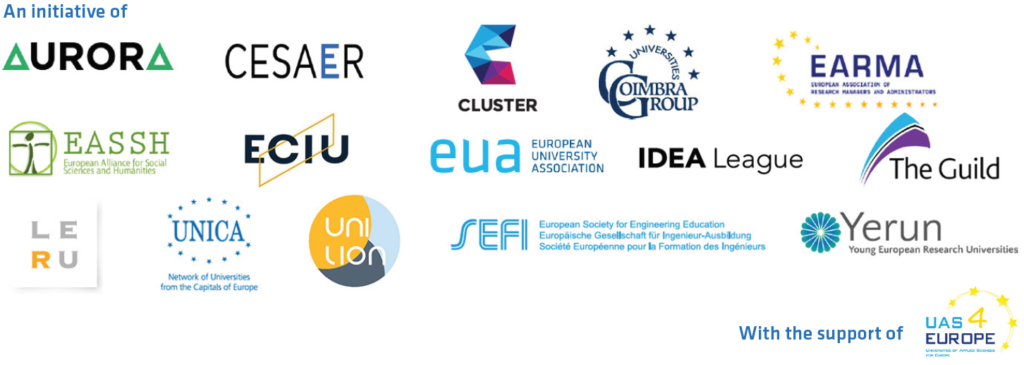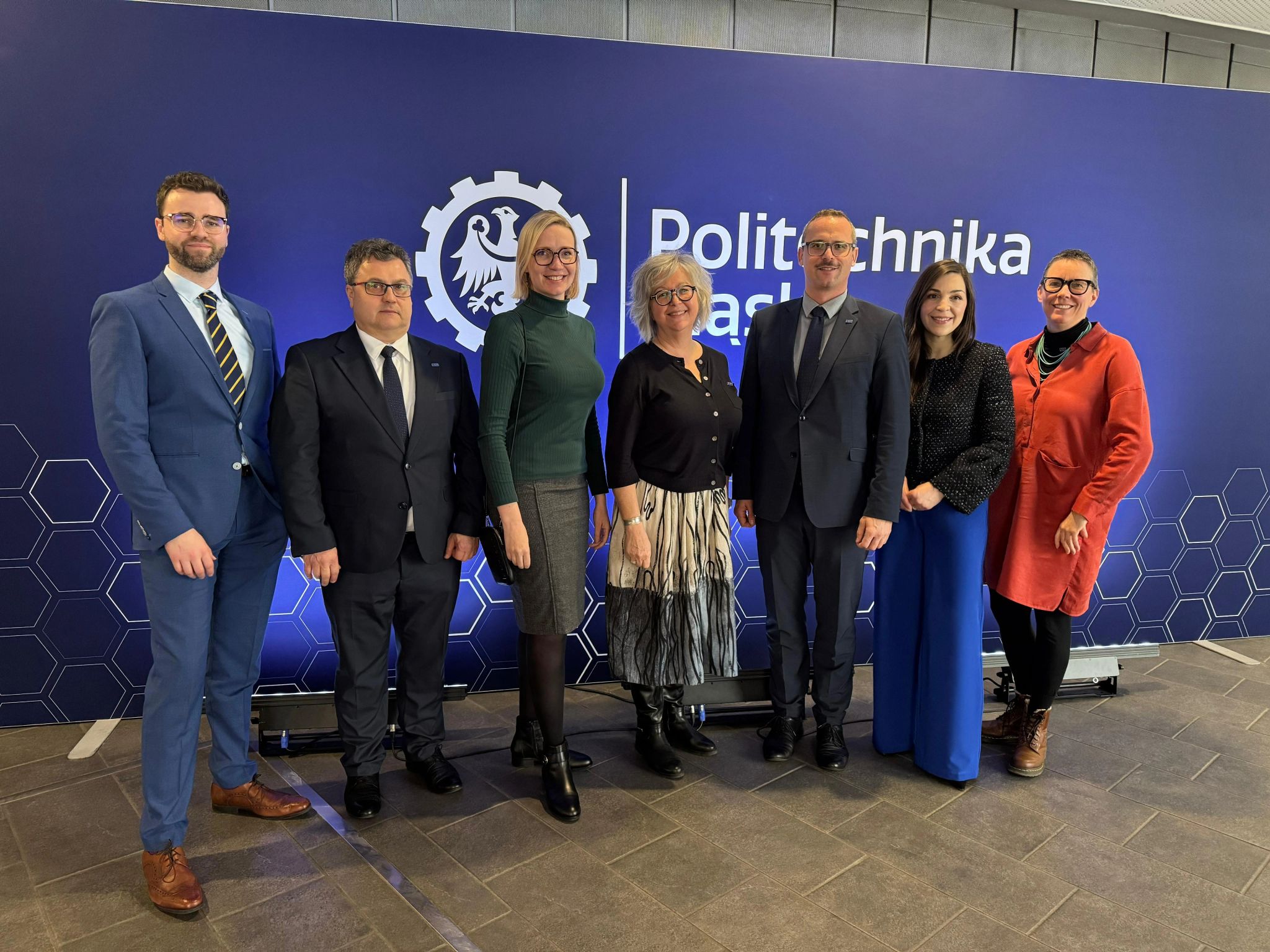We are excited to announce that registrations for the 53rd SEFI Annual Conference are now…
EUInvestInKnowledge
July 2020
More than ever, the global Covid-19 pandemic has demonstrated the true value of excellent research, innovation and education. In the campaign “Seize our common future”, 15 associations representing more than 800 universities have called for an ambitious long-term EU budget for research, innovation and education to boost efforts to solve the manifold future challenges. Today, the same university associations unite and call on European leaders to step up investment in these areas, both in the Multiannual Financial Framework from 2021 to 2027 and Next Generation EU, and to commit to putting sufficient resources behind common ambitions.

Europe’s universities welcome the European Union’s approach to
embark on a sustainable recovery path, supported by an ambitious
and unprecedented effort to enhance the welfare and strengthen
the economic base of the continent. At stake is our shared capacity
to successfully tackle global challenges and become a frontrunner in
addressing the green and digital transitions. Research, innovation
and education are key building blocks to facilitate the European
Union’s necessary progress towards sustainability and resilience.
Errors made in the past should not be repeated: only long-term,
holistic and collaborative approaches will help overcome multifaceted
challenges. Universities across Europe restate their full
commitment to contribute to these goals.
Thus, Europe’s universities stand disappointed and concerned by
the limited budget proposed for the EU’s flagship programmes
Horizon Europe and Erasmus+. The current proposal for Horizon
Europe falls far too short of the 120 billion euros that the European
Parliament and the university community considered necessary
even before Covid-19. A budget cut of more than 3% (compared
to the 2018 Commission proposal) for vital instruments such as
the Marie Skłodowska-Curie actions and the European Research
Council would hamper efforts towards strategic resilience. Under
Horizon 2020, this pillar has been central in enabling Europe to move
forward in tackling the current pandemic and must therefore be
reinforced. For Erasmus+, plans to double (European Commission)
or triple (European Parliament) funding for the programme have
not been met with a lower proposal of 24.6 billion euros (2018
prices). This is clearly insufficient to meet the new and ambitious
policy objectives for the next programme, including support to both
physical and virtual mobility and education for all.
Both Horizon Europe and Erasmus+ are investments in our future
and in our youth. They will reinforce Europe’s capacities to face
today’s challenges, and those yet to come. Such challenges may
take various forms and solutions will require mobilising various
types of knowledge, citizens, and society.
To drive sustainability, Europe must invest in research and
innovation. We urge the European institutions to (1) ensure that
the funding programmes support science in all areas; (2) encourage
and facilitate collaboration across disciplines and (3) foster timely
association of interested non-EU countries to Horizon Europe.
Finally, EU leaders must (4) recognise the long-term benefit of
strengthening investigator-driven frontier research to achieve a
proper balance of bottom-up and top-down approaches, throughout
Horizon Europe. Europe’s universities recommend that the funds
dedicated to research and innovation within Next Generation EU
address holistically all challenges related to the coronavirus crisis
through the same balanced approach.
Universities across Europe will contribute best to the common
recovery and societal resilience if there are more synergies
across research, innovation and education policies and funding
programmes, and coordinated efforts between funders at
European, national and regional levels.
It is now important to reach an agreement in time so that the
European Union can move forward and deliver on its ambitious
objectives in 2021. It is also the member states’ duty to intensify
efforts in research, innovation and education, so that our societies
and economies can benefit from an unprecedented momentum
towards a sustainable recovery path. Therefore, we call for a
commitment to new and reinforced targets for the proportion
of GDP invested in research and innovation, both for public and
private funding.
We, universities of Europe, urge European leaders to step up
investment in research, innovation and education to foster longterm
strategic resilience, enabling Europe to strongly reinforce its
role as a global leader in this respect.


